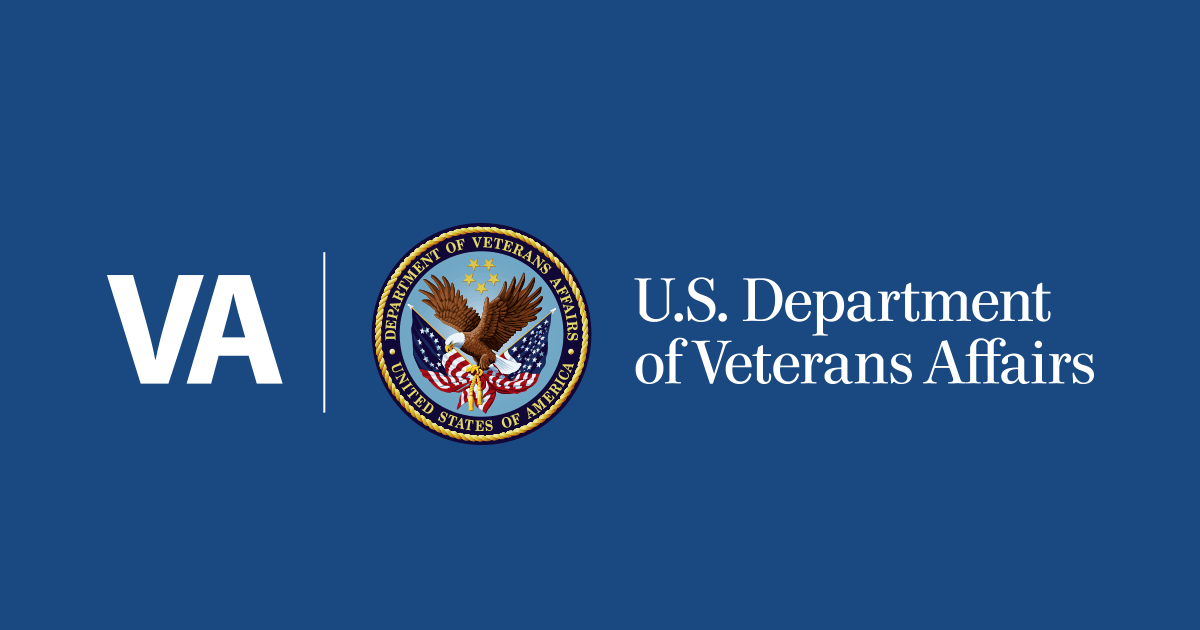josieallred
Midshipman Candidate- NAPS
- Joined
- Mar 22, 2021
- Messages
- 15
Good morning,
Current NAPster here trying to learn more about how civilian careers work after the military. Its been a long-time dream of mine to go to law school, and I have been planning on being a lawyer after my service. I know this is subject to change- lots of people get to USNA/out in the fleet and change their minds. I just had some questions about how getting into law school works after the Academy. For example, what GPA out of the Academy could get you into a good law school, should you take classes still during your service so they can see you are still continuing your education, etc?
Current NAPster here trying to learn more about how civilian careers work after the military. Its been a long-time dream of mine to go to law school, and I have been planning on being a lawyer after my service. I know this is subject to change- lots of people get to USNA/out in the fleet and change their minds. I just had some questions about how getting into law school works after the Academy. For example, what GPA out of the Academy could get you into a good law school, should you take classes still during your service so they can see you are still continuing your education, etc?

